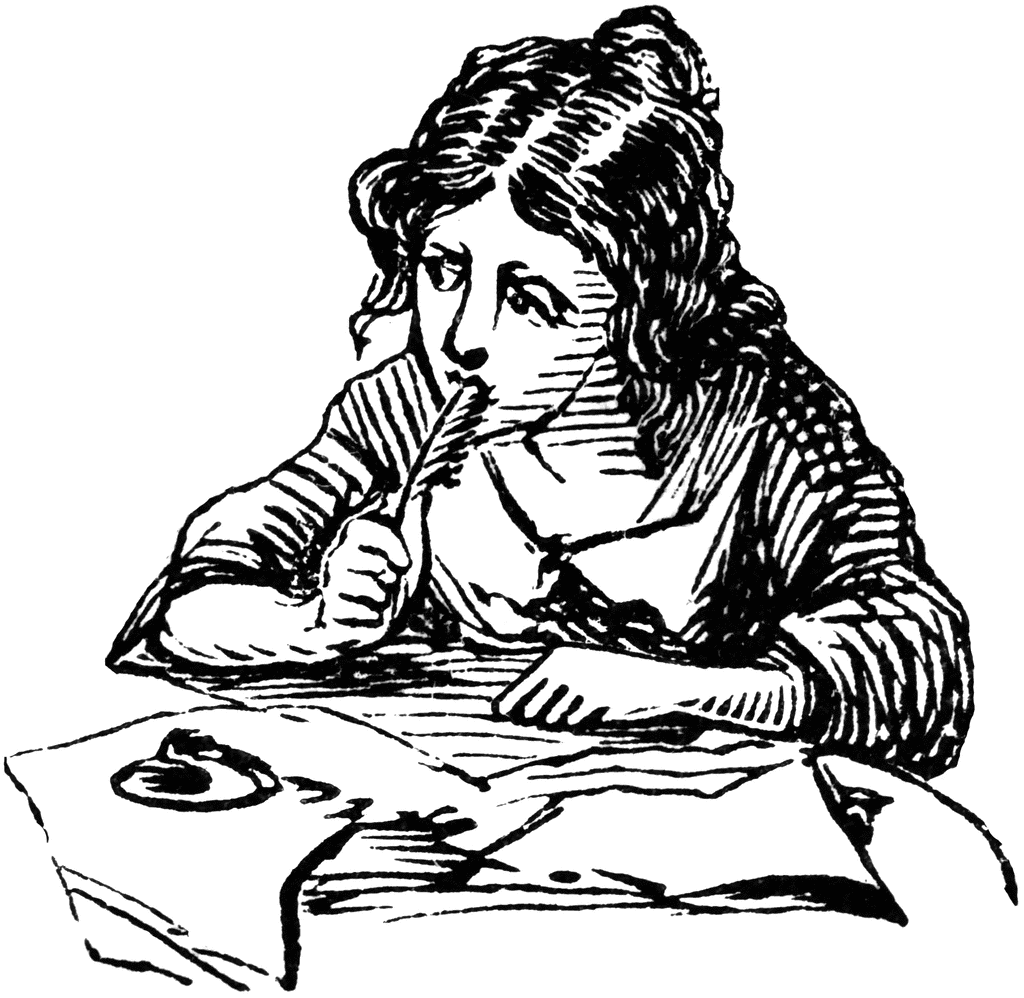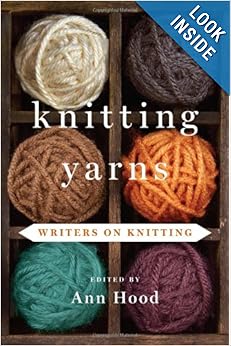 I think one of the things I like best about writing historical fiction is doing the research. It’s an excuse to read deeply about various historical subjects, and feel like I’m doing it for a good purpose beyond just increasing my general knowledge. (It’s also a great way to procrastinate writing.)
I think one of the things I like best about writing historical fiction is doing the research. It’s an excuse to read deeply about various historical subjects, and feel like I’m doing it for a good purpose beyond just increasing my general knowledge. (It’s also a great way to procrastinate writing.)
Currently, I’m writing a novel about a medieval priest who is dealing with the issues that the church was grappling with at the time, especially clerical celibacy, which, happily for me, is still topical today. Delving into the Catholic Church’s views on women and celibacy has led to the following reading list:
– The Wife of Jesus: Ancient Tests and Modern Scandals by Anthony Le Donne
– Forged: Writing in the Name of God by Bart Ehrman
– Zealot: The Life and Times of Jesus of Nazareth by Reza Aslan
– Parish Priests and Their People by Edward L. Cutts
– Holy Misogyny: Why the Sex and Gender Conflicts in the Early Church Still Matter by April D. Deconick
– Eunuchs for the Kingdom of Heaven: Women, Sexuality and the Catholic Church by Uta Ranke-Heinemann
…among many others.
Interesting stuff, but I have fallen down the rabbit hole of books about (a) the historical Jesus and (b) the early Christian church. It is pretty far from what the novel is actually about, since most of what has been discovered about the historical Jesus would not be known by a medieval priest, and many of the heterodox Christianities of the early movement would have been forgotten by then as well.
Still, it’s hard to reorient my reading back to the medieval period. Modern writing about the life of Jesus and the early Christian church are fascinating from a cultural and meta-historical perspective. This is an area of history far removed from our time, with sketchy written records, yet it has been pored over and researched more than any other ancient era, so in addition to being interesting in its own right, these books give a picture of what is possible when a large number of historical minds apply themselves to one particular area of history. This set of books represent the very limit of what can be known about any era of ancient history.
Elaine Pagels teaches a class at Princeton known colloquially as the “Faith-buster”, because what one discovers when researching early Christianity is that the canonical and non-canonical (i.e. books excluded from the official gospels) are rife with mistakes and forgery. The council that codified the gospel chose the books to walk a fine line between a number of warring ideas about the trinity, the divinity of Jesus, and how he was begotten, to bring the greatest number of Christians into the orthodox fold.
There are people whose faith is sorely tried, and even “busted” by discovering all the human politics and foibles that went into crafting the books that many people take as literal, inerrant truth today. I am not a Christian at all, so for me it is an intellectual and empathetic exercise to see how these revelations affect people’s world views. Furthermore, I am trying to keep judgment out of it, but knowing the facts, as well as they can be known, about the history and forgeries that went into the gospels, seems like an object lesson in not viewing any one book or idea as the literal, inerrant truth. Truth, especially spiritual truth, runs into trouble when it is viewed as black or white, evil falsehood or pure truth.
Reading these books also shows the ways stories, ideas, and institutions evolve over time to fit the needs of those who tell them, so it is interesting from a meta-narrative perspective as well. Readers and writers of novels know that there are fictions that communicate truth better than bald facts ever can, and religion may be at its best when its narrative is built around that.
 I used to keep another blog where I made random updates on my life and whatever I was thinking. Self-indulgent, yes, but it gave me a place to muse about things. I miss that.
I used to keep another blog where I made random updates on my life and whatever I was thinking. Self-indulgent, yes, but it gave me a place to muse about things. I miss that. Many people have said it before me: writing is definitely a mix of inspiration and perspiration. More of the latter, but there is a balance that must be struck.
Many people have said it before me: writing is definitely a mix of inspiration and perspiration. More of the latter, but there is a balance that must be struck.
 This weekend I finished a read through of my viking novel and got it back to my agent. For those of you wondering about the submission and getting sold process, for me it’s gone like this, after the get-an-agent-interested-in-my-writing part of the process:
This weekend I finished a read through of my viking novel and got it back to my agent. For those of you wondering about the submission and getting sold process, for me it’s gone like this, after the get-an-agent-interested-in-my-writing part of the process:
 Today is pretty much my official graduation from NYU’s Creative Writing MFA program. There’s a reading and a party to celebrate tonight, and some various other parties. I have one more class after graduation because of scheduling conflicts. I need to track down some signatures for my thesis. But basically, this is it. I’m done. I’m not doing any of the official NYU graduation events. Been there, did that from undergrad. Found them mildly tedious then, am glad of the opportunity not to do them this time.
Today is pretty much my official graduation from NYU’s Creative Writing MFA program. There’s a reading and a party to celebrate tonight, and some various other parties. I have one more class after graduation because of scheduling conflicts. I need to track down some signatures for my thesis. But basically, this is it. I’m done. I’m not doing any of the official NYU graduation events. Been there, did that from undergrad. Found them mildly tedious then, am glad of the opportunity not to do them this time.
 Last night I went to a reading/conversation at The Center For Fiction for
Last night I went to a reading/conversation at The Center For Fiction for